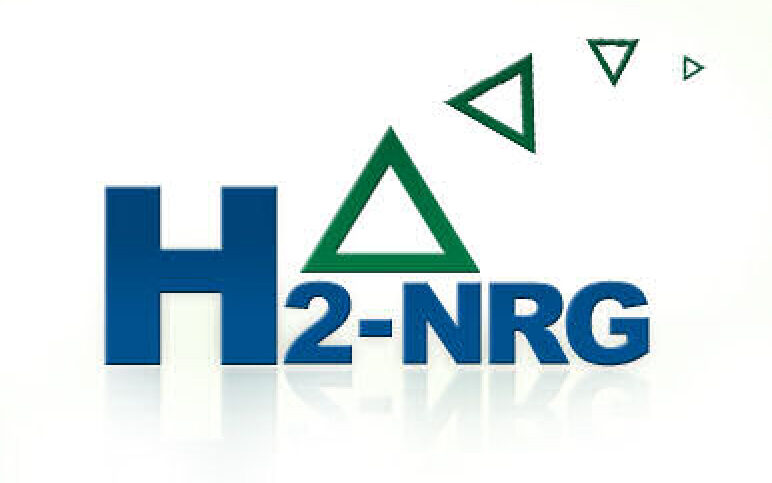H2-NRG aims to offer it’s customers a cost-efficient green solution that is above all else SAFE.
Hydrogen is often misconceived as being dangerous but is actually safer than many alternative energy sources. Hydrogen is unique in its molecular weight; it is the only molecule that is light enough to escape the earth’s gravitational pull and therefore escape into space. Any leak in a hydrogen system would therefore dissipate quickly rather than pool, forming an explosive mixture. In comparison, natural gas (commonly used in UK households), collects, mixes with oxygen and then explodes outwards if ignited. Hydrogen is often applauded for not producing carbon dioxide and therefore being green, but equally important is the fact that hydrogen doesn’t form carbon monoxide which is a highly toxic invisible gas that is often associated with carbon fuel safety.
Below is a picture of a comparison of a fire in a car both running on petrol and on hydrogen. Many of the issues with hydrogen safety can only be overcome by educating the public as to the safeness of the gas. However safety remains of paramount importance.

Hydrogen gas is extremely dangerous, it is simply perceived to be more dangerous than it is and is not as dangerous in our opinion as natural gas and petrol which people are happy to use all the time. We can however use the uniqueness of hydrogen gas to help mitigate the risks.
- Hydrogen should always be stored in a well ventilated area and as high as is possible. Any leaks will escape into the atmosphere and not collect, creating a dangerous situation.
- All equipment should be thoroughly leak checked to pressures far in excess of the working pressure of the system. Where possible hydrogen should be stored at close to atmospheric pressure.
- The system is designed to avoid oxygen contamination as this would lead to a dangerous mixture.
- Our solutions contain a pressure fail safe to prevent the build-up of excess pressure.
